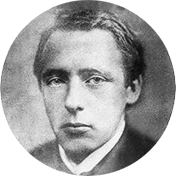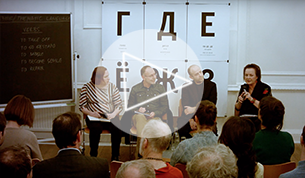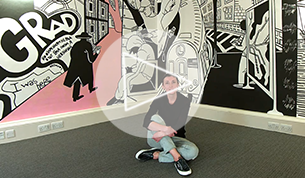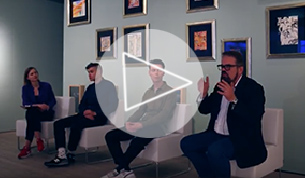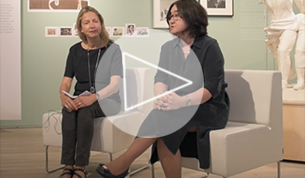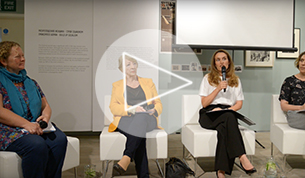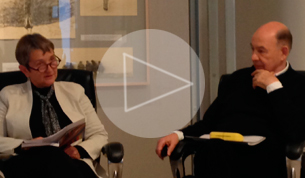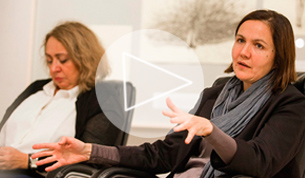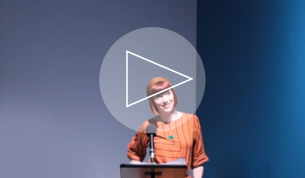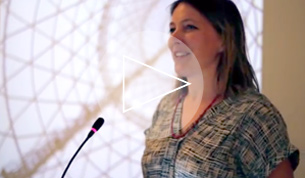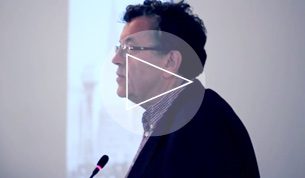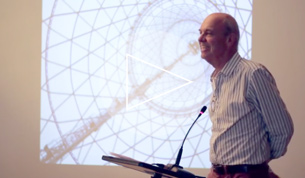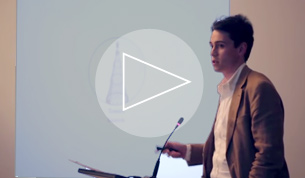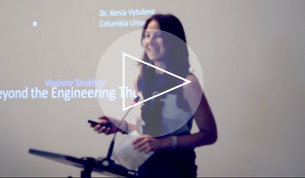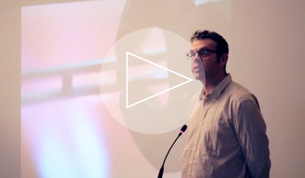Watch
Mother Tongue
Apparition of the Last Soviet Artist in London
ShadowMemory x Art Night Open
Postponed Futures
Superwoman: ‘Work, Build and Don’t Whine'
Unexpected Eisenstein
-
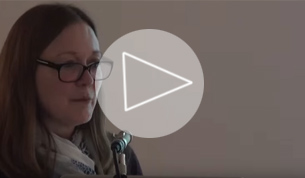 Rachel Morley:
Rachel Morley:
Russian Cinema before 1917 -
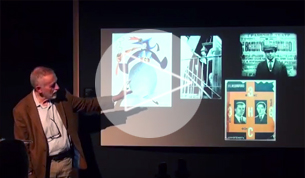 Ian Christie:
Ian Christie:
Besides Eisenstein: Protazanov, Barnet and the new Soviet cinema of the 1920s -
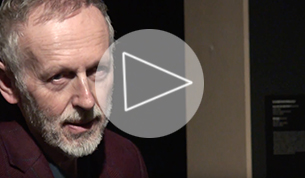 Ian Christie:
Ian Christie:
Maxim and co: creating the new heroes and heroines of the 1930s -
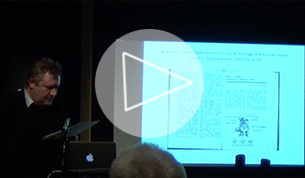 Phil Cavendish:
Phil Cavendish:
Soviet Colour Film, 1929-1945: An Experiment Understood by Very Few -
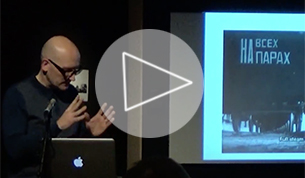 Jeremy Hicks:
Jeremy Hicks:
Meaningful Martyrdom — Death, Revolution and Victory from Lenin to the Reichstag, 1924–45 -
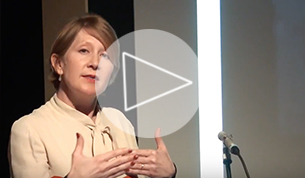 Emma Widdis:
Emma Widdis:
Film and the Making of the New Soviet Person: Bodies, Minds and Feelings -
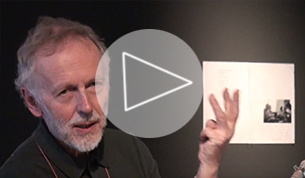 Ian Christie:
Ian Christie:
Hopes and fears: the Soviet New Wave of the 1960s -
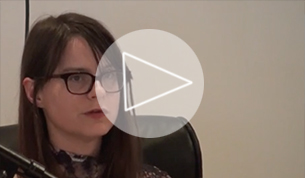 Carmen Gray:
Carmen Gray:
Andrei Tarkovsky: The Citizen Poet and the State -
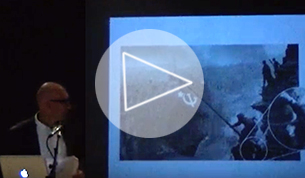 Jeremy Hicks:
Jeremy Hicks:
Reusing War Footage in Russian and Soviet Films, 1945–2015
Peripheral Visions
A Game in Hell. The Great War in Russia
-
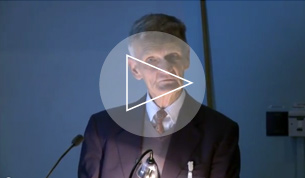 John E. Bowlt:
John E. Bowlt:
Introductory remarks -
 Elena Sudakova:
Elena Sudakova:
'Forgotten Heroes of the Great War' -
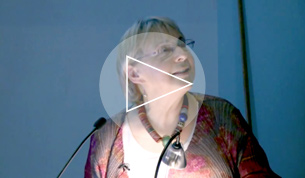 Christina Lodder:
Christina Lodder:
'A Painting Fit for Heroes: Kazimir Malevich's Reservist of the First Division' -
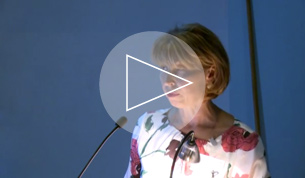 Natalia Budanova:
Natalia Budanova:
'Who Needs the Art Now?': Russian Women Artists Representing the Great War' -
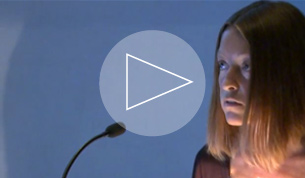 Valentina Parisi:
Valentina Parisi:
'Russian Avant-Garde Circles and the Literary Response to the Great War'
Work and Play Behind the Iron Curtain
The Shabolovka Tower Model
Kino/Film: Soviet Posters of the Silent Screen
-
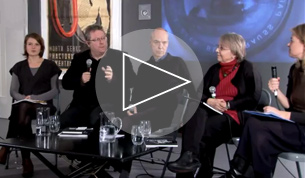 Curators and Special Guests:
Curators and Special Guests:
Panel Discussion with Exhibition -
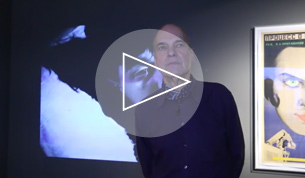 Lutz Becker:
Lutz Becker:
Curator talks: Chess Fever and The Three Million Case -
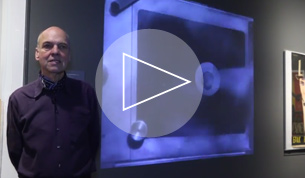 Lutz Becker:
Lutz Becker:
Curator talks: Man with a Movie Camera -
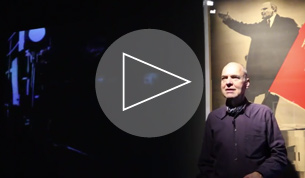 Lutz Becker:
Lutz Becker:
Curator talks: October -
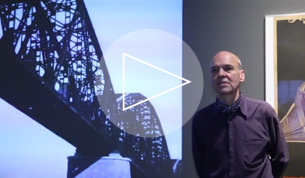 Lutz Becker:
Lutz Becker:
Curator talks: Storm Over Asia and Turksib -
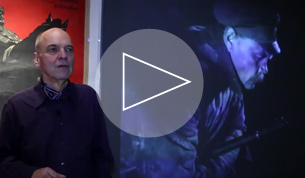 Lutz Becker:
Lutz Becker:
Curator talks: The End of St Petersburg -
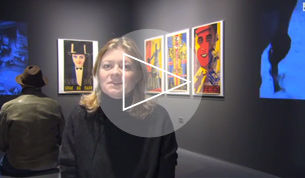 Elena Sudakova:
Elena Sudakova:
Soviet Posters of the Silent Screen
Utopia LTD
-
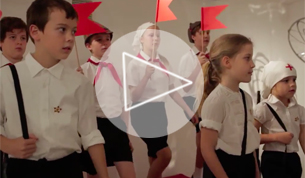 'Inside the Rainbow' Performance:
'Inside the Rainbow' Performance:
Directed by Irina Brown -
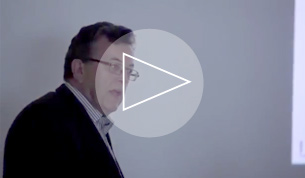 Professor John Milner:
Professor John Milner:
Seminar: 'Re-Constructivism' -
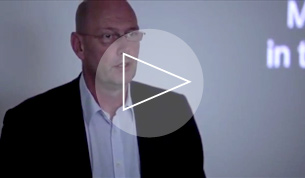 Willem Jan Renders:
Willem Jan Renders:
Seminar: 'After Lissitzky: Reconstructions at the Van Abbemuseum' -
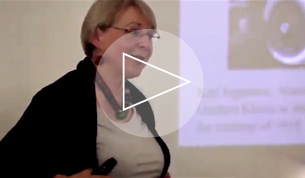 Christina Lodder:
Christina Lodder:
Seminar: 'Gustav Klucis: Transmitting Utopia' -
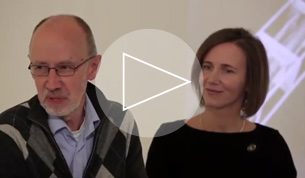 Aleksandr Shklyaruk:
Aleksandr Shklyaruk:
Seminar: 'Klucis and the Materialisation of a Futurist Idea' -
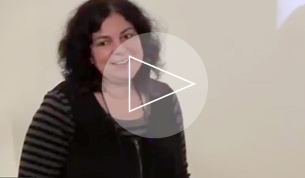 Dr. Maria Tsantsanoglou:
Dr. Maria Tsantsanoglou:
Seminar: 'Tatlin's Legend'
Listen
Superwoman: ‘Work, Build and Don’t Whine'
Unexpected Eisenstein
Bolt
A Game in Hell. The Great War in Russia
Read
Velimir Khlebnikov
(1885-1922)
Velimir (Viktor) Khlebnikov was born on the 28 October 1885 in Kalmykia in the Lower Volga. He came from a mixed background with his father being supervisor of the local authorities and his mother a descendant of Russian nobility. From an early age he developed an interest in mathematics and felt an affinity with numbers. He studied mathematics at Kazan University from 1903, however was arrested for taking part in a protest and forced to leave the establishment. Nevertheless he re-applied and was accepted back into the university in the following years to study biology.
Despite his scientific background Khlebnikov left university in 1908 and moved to St Petersburg where he became part of the poetry scene. It was here that he became acquainted with Symbolist poets Vjacheslav Ivanov and Mikhail Kuzmin who became his mentors. This prompted the young Khlebnikov to adopt a pseudonym and instead of ‘Viktor’ he preferred to be known by the more South-Slavonic ‘Velimir’.
However, the ideology of the Symbolists did not inspire Khlebnikov and he began to think about revolutions and changes in art and life in a more general sense. It was here that he found companionship with younger poets and artists such as Vasily Kamensky, the Burliuk brothers, Elena Guro and Mikhail Matyushin, who developed their ideas into what would be known as Futurism. With the additions of Aleksei Kruchenykh and Vladimir Mayakovsky the group published ‘A Trap for Judges’ in 1910, a collection of their writings, and following this the famous manifesto ‘A Slap in the Face of Public Taste’ in 1912. The group took part in controversial and shocking behaviour which was reflected in their poetry through the use of new subjects and coinages and a renovation of the poetic technique. Khlebnikov himself was especially interested in the archaic world and the relationship between nature and civilisation, topics very relevant to the changing state of Russia in the early 20th century.
Whilst Khlebnikov felt an idealistic affinity with the 1917 Revolution and saw it as the realisation of worldwide freedom it was this and the First World War that reduced the Futurist’s numbers and finally curtailed the movement, with several of its members being conscripted into the army.
Following the Revolution Khlebnikov travelled throughout Russia, exploring what the nation had to offer. The poet only went abroad once, travelling with the Red Army to Persia in 1921 to assist the Gilan Republic. This trip affected the young man considerably and it is reflected in his poetry, ‘Goul-Mullah’s Trumpet’.
In early 1922 Khlebnikov journeyed to Moscow with the hope of successfully publishing his poetic works, however this was more difficult than the poet imagined and his lack of success and homesickness affected his health. He left Moscow for Santlovo, a village near Novgorod with artist Peter Miturich in the spring and died there on 28 June 1922.
